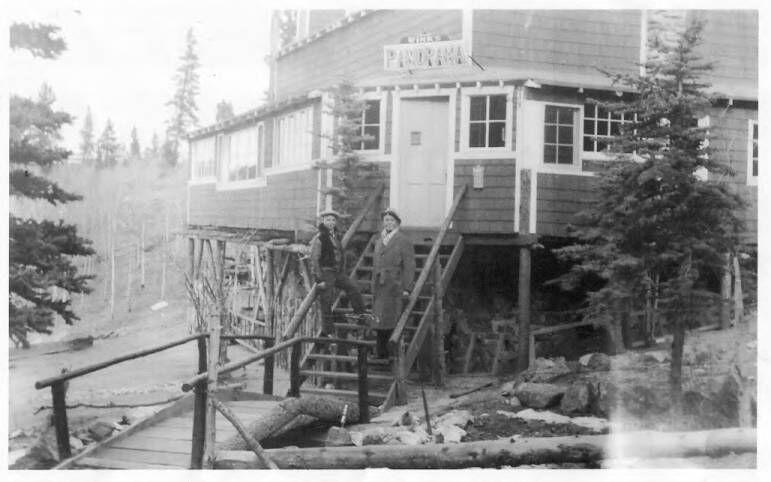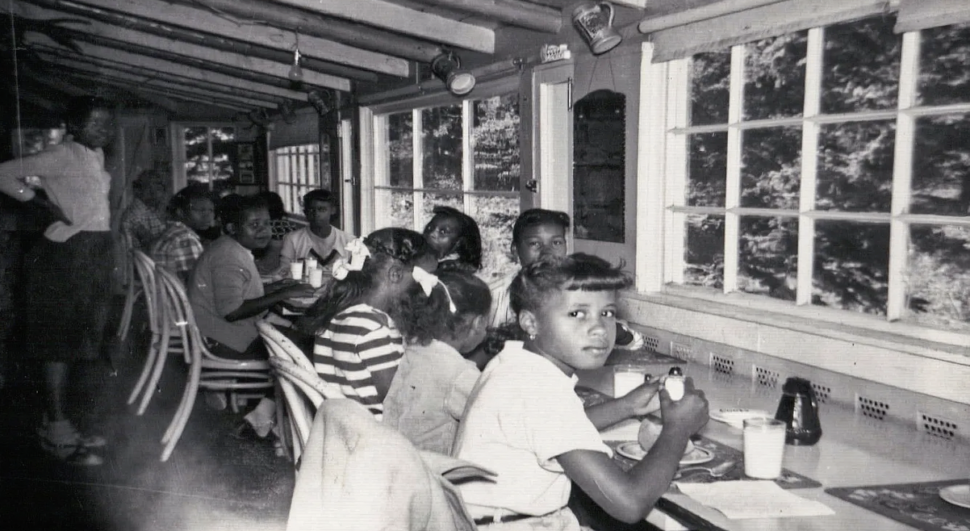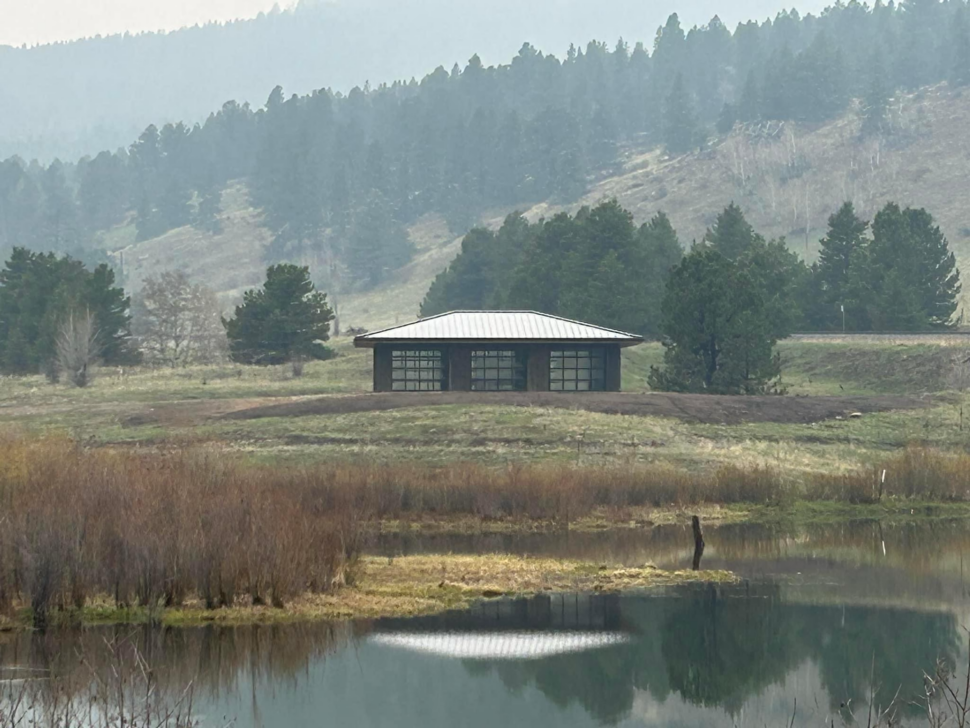As segregation and racial oppression escalated across the United States, the New Negro Movement, known as the Harlem Renaissance, was evolving. African Americans left the South to find work in the industrial North during the Great Migration era between 1910 and 1920. Black soldiers who fought in WWI came home insistent on participating in society. African Americans had a heightened sense of confidence brought on by the war and migration. As quickly as Black people were creating utopias for themselves at the height of The Segregation Era, race massacres destroyed them. Racists destroyed Black communities in Tulsa, Oklahoma; Rosewood, Florida; and Elaine, Arkansas.
That’s what makes Lincoln Hills exceptional. Located about an hour North of Denver, Lincoln Hills is a resort built for African Americans.
“This is such a special place in Colorado. It was built for African Americans by African Americans. Our people invested in this place,” Dr. Jeanette Patterson, executive director for Lincoln Hill Cares, tells Travel Noire.
Black people could vacation here when they were banned from other places because of their race.
Black Investors Created A Resort Where Lena Horne, Duke Wellington, and Other Intellects Visited
According to Dr. Patterson, Lincoln Hills was established by a group of Black investors who formed the Lincoln Hills Development Company in 1922. Through the company, Edwin C. Regnier, Robert E. Ewalt, and Edmund J. McMahon marketed plots of land to the middle-class Black community in Denver. The lots sold for between $40 and $100.
“Some African Americans constructed cabins on their lots. Others purchased for investment. What the investment company advertised throughout the country,” said Dr. Patterson.
In 1925, Obrey Wendell “Winks” Hamlet and his wife Naomi Hamlet began the construction of Winks Lodge, known today as the Winks Panorama Lodge. The lodge was the first full-service resort in the area. When it was completed in 1928, it consisted of three stories and six bedrooms.
African Americans traveled from near and far to enjoy recreational activities such as fishing, camping, hiking, and the outdoors. Lena Horne and Duke Ellington are some of the most notable figures who stayed at the lodge.

“Lincoln Hills became a gathering place for Black artists and intellects. They would often perform in Denver in the Five Points Jazz venues and then come up and rest,” Dr. Patterson adds.
It was the only vacation resort west of the Mississippi River catering to African Americans.
“Denver was struggling with the Klu Klux Klan,” said Dr. Patterson. “Denver had the second largest Klan membership in the country in the 1920s and 30s. People were being harassed, taunted, and couldn’t go to different places.”
In 1924, the Phillis Wheatley branch established the YMCA’s girl’s camp, “Camp Nizhono,” at Lincoln Hills. The camp’s name derives from the Navajo word for “beautiful.” The camp allowed African American women and girls to hike, swim, and learn about biology, astronomy, and other outdoor skills. African Americans were prohibited at Lookout Mountain in Colorado. The camp lasted more than 20 years before it was closed after the YMCA’s Camp Lookout integration in 1945.

Lincoln Hills Receives National Historic Landmark Recognition
In December 2023, Winks Panorama Lodge received a National History Landmark designation. U.S. Secretary of the Interior Deb Haaland signed documents listing the lodge as “the crown jewel of Lincoln Hills.”
According to the National Parks Service, “The story of Winks Lodge offers a window into an expanded view of the larger African American freedom struggle. The Winks Lodge represents the successful efforts of [the] African American community in overcoming barriers and creating safe ‘Black spaces’ for nature and recreation.”
Currently, the staff at Lincoln Hills Cares is continuing the legacy of developing the next generation of leaders through its outdoor and environmental educational programs for young children and families. The programs help to provide equitable access for children, especially children of color.

According to Dr. Patterson, Lincoln Hills is still Black-owned. She says the goal is to restore the mountain resort lodge and have people come to Lincoln Hills again.
“We’re in the process of working with the Colorado Historical Society, the History Colorado Center, the National Park Service, and others to do some assessments on the property,” she said. “We want to make sure we have a historical assessment, and it’s determined a historic district as well as a traditional cultural property. We’re trying to include all those pieces so when people visit, they can hear the history and feel the spirit of the people that were here.”





